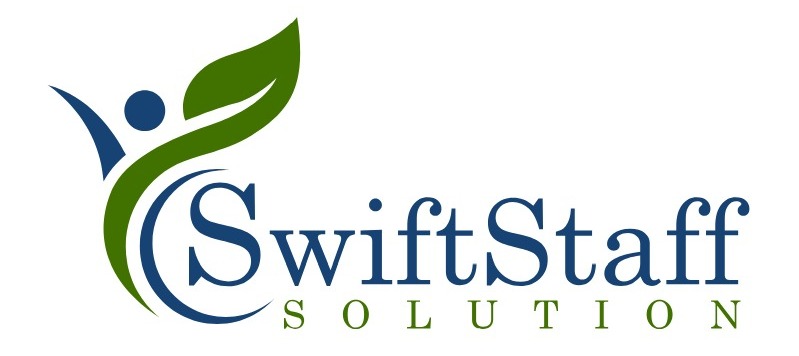Healthcare staffing is a critical component of delivering high-quality patient care. With the right staff in place, healthcare organizations can improve patient outcomes, reduce readmissions, and enhance the overall patient experience. In this blog post, we’ll explore the importance of effective healthcare staffing and strategies for achieving it.
- The impact of staffing ratios on patient care
- The role of staff training and development in improving patient outcomes
- Strategies for effective staffing, including flexible scheduling and staff engagement
The Importance of Effective Healthcare Staffing in Patient Care”
- The impact of staffing ratios on patient care

Staffing ratios refer to the number of patients assigned to each healthcare professional. Research has shown that optimal staffing ratios can significantly impact patient care. For example, a study published in the Journal of Nursing Administration found that hospitals with better nurse-to-patient ratios had lower rates of patient complications and deaths. Effective staffing ratios can help prevent burnout, reduce medical errors, and improve patient satisfaction.
- The role of staff training and development in improving patient outcomes
Staff training and development are critical components of effective healthcare staffing. Healthcare professionals need ongoing training and education to stay up-to-date with the latest medical research, technologies, and best practices. This training can help improve patient outcomes by enabling staff to provide evidence-based care, identify potential complications earlier, and communicate more effectively with patients and families. Moreover, staff development opportunities can boost morale, engagement, and retention, leading to a more stable and experienced workforce.
- Strategies for effective staffing, including flexible scheduling and staff engagement
Flexible scheduling and staff engagement are essential strategies for effective healthcare staffing. Flexible scheduling can help accommodate the diverse needs and preferences of healthcare professionals, reducing burnout and improving work-life balance. Staff engagement initiatives, such as recognition programs, open communication, and shared decision-making, can foster a positive work environment, encourage collaboration, and motivate staff to provide high-quality care. Additionally, effective staffing strategies can include cross-training, skill mix adjustments, and float pool management to optimize staff utilization and meet changing patient demands.
Conclusion:
Effective healthcare staffing is crucial for delivering high-quality patient care. By prioritizing staffing ratios, staff training and development, and flexible scheduling, healthcare organizations can improve patient outcomes and enhance the overall patient experience.


